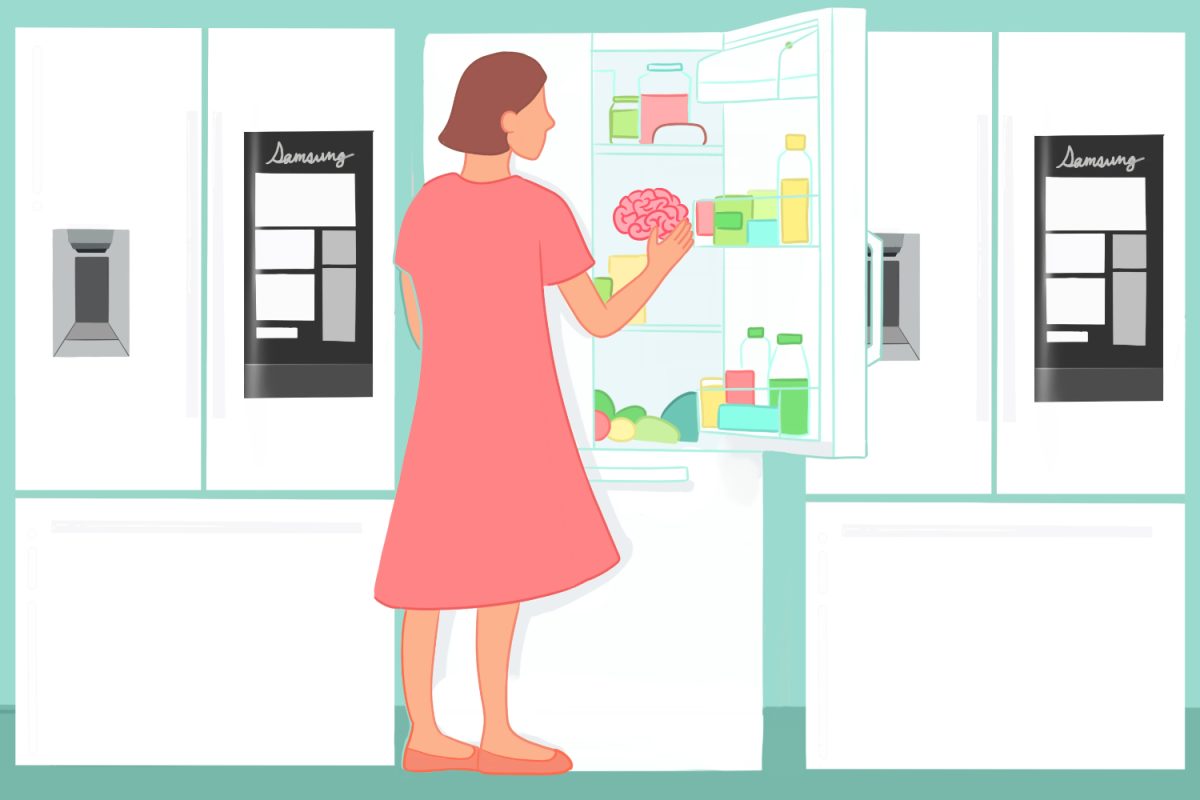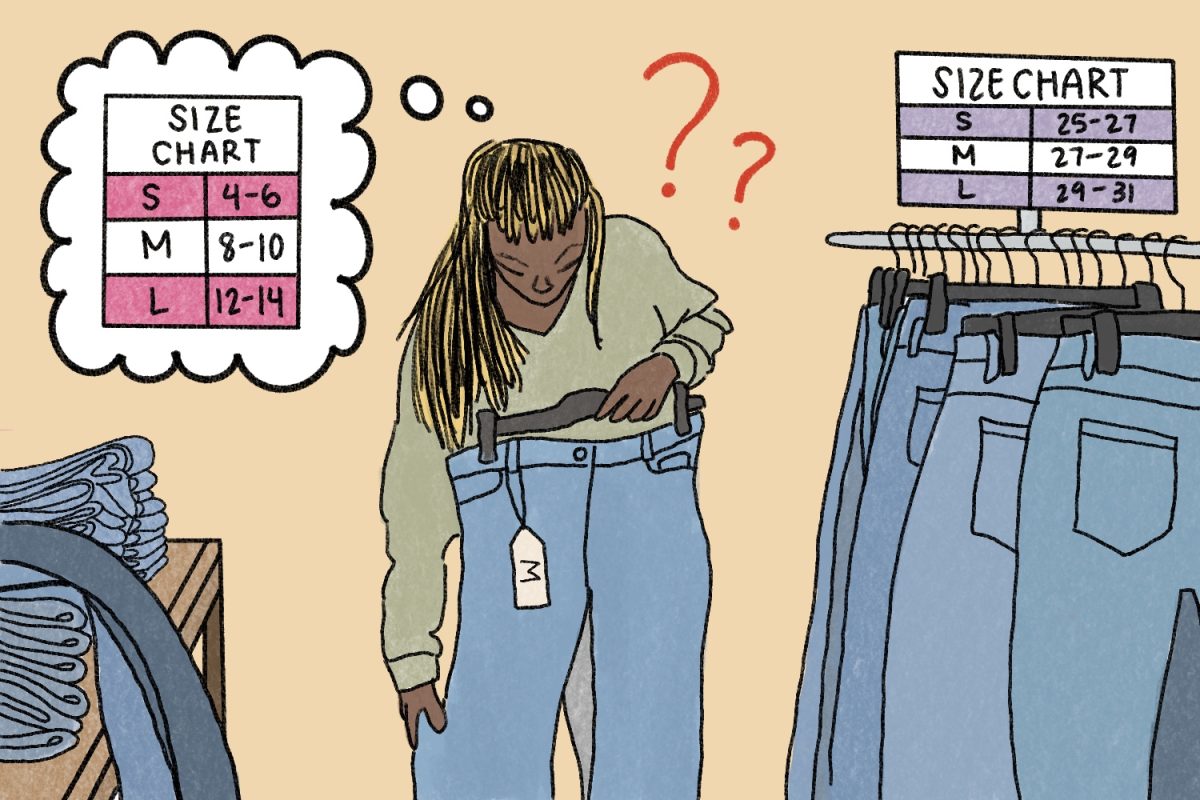Further integrating the internet into our homes robs our human autonomy.
The internet has become a basic necessity for our daily lives. Since its birth in the 1980s, it has become a valuable resource for humans to access information in a more accessible way than ever before.
Nevertheless, with the massive technological advances, tech corporations have begun incorporating internet access into seemingly obscure and ordinary appliances.
For example, Samsung unveiled its first step into integrating the internet into homes in a press release in 2014, revealing its plan to allow customers to streamline their homes by “enabling Smart TVs, home appliances and smartphones to be connected and managed through a single integrated platform.”
One of their first steps was to release the “Family Hub” refrigerators.
According to the official website, Samsung claims their new “smart fridges” can “keep your family connected anytime, anywhere. You can share pictures, videos, and drawings with Google Photos, control your smart appliances and devices, get all the benefits of Alexa built-in, and quickly buy items with Amazon Your Essentials right from your Samsung smart fridge.”
In a press release in 2020, Samsung also revealed its plans to incorporate its newly acquired artificial intelligence platform, Whisk, into its refrigerators. Collaborating with nutritionists and data scientists and installing a camera in each fridge unit, the smart fridges can now use artificial intelligence (AI) to recommend recipes and ingredients to consumers based on the food they store in the refrigerator and personal preferences or restrictions.
Moreover, this smart home appliance concept is not limited to Samsung alone. Other corporations, such as Life’s Good (LG), have begun to release their smart home appliances to compete with Samsung’s innovations.
Supporters of the revolutionary fridge idea argue that this adds a new level of convenience to home appliances. Furthermore, adding internet access and AI recommendations to our fridges could be instrumental in making grocery shopping more convenient. They argue that instead of recording a list of groceries and going to the local supermarket, the smart fridges allow us to click on what we need to replenish and can have it delivered within hours.
Despite this added convenience, this creates a scenario where we no longer need to leave our houses. After all, what use do we have for going outside if we can do our work, shop for our groceries, and access our entertainment from home?
Some could argue that this is a step towards the dystopian scenario dreaded for years, that our AI has become so advanced that it takes over our world. While extreme, this fear creates a genuine concern. When do we stop? When do we stop integrating robots and AI into our daily lives?
Our lives have already been dominated by screen addiction. We cannot stop spending hours on our phones during class, work, or even at home; adding screens and the internet to everything else in our lives only worsens our addiction and dependency on screens. Also, integrating the internet becomes incredibly intrusive on our personal preferences as companies can now access our daily routines, dietary restrictions, and eating habits.
We cannot allow our algorithms and AI to dictate our choices. Social media algorithms trap teenagers into scrolling through thousands of hours of content to compel them to keep scrolling. If we cannot stop them from scrolling through content that adversely affects their mental health and productivity, the future could prove even worse as teens become adults and start buying their appliances, surrendering control of their lives beyond their mental health.
Ultimately, this falls into the decision of current and future consumers. With the rapidly evolving nature of high-tech, companies grow desperate to make the next big breakthrough. We have a responsibility to retain our humanity, recognize how far we have come, and end our dependence on screens and devices. One refused smart fridge at a time.
*This editorial reflects the views of the Scot Scoop Editorial Board and was written by Erik Cheng.
The Editorial Board voted 7 in agreement, 6 somewhat in agreement, and 3 refrained from voting.













